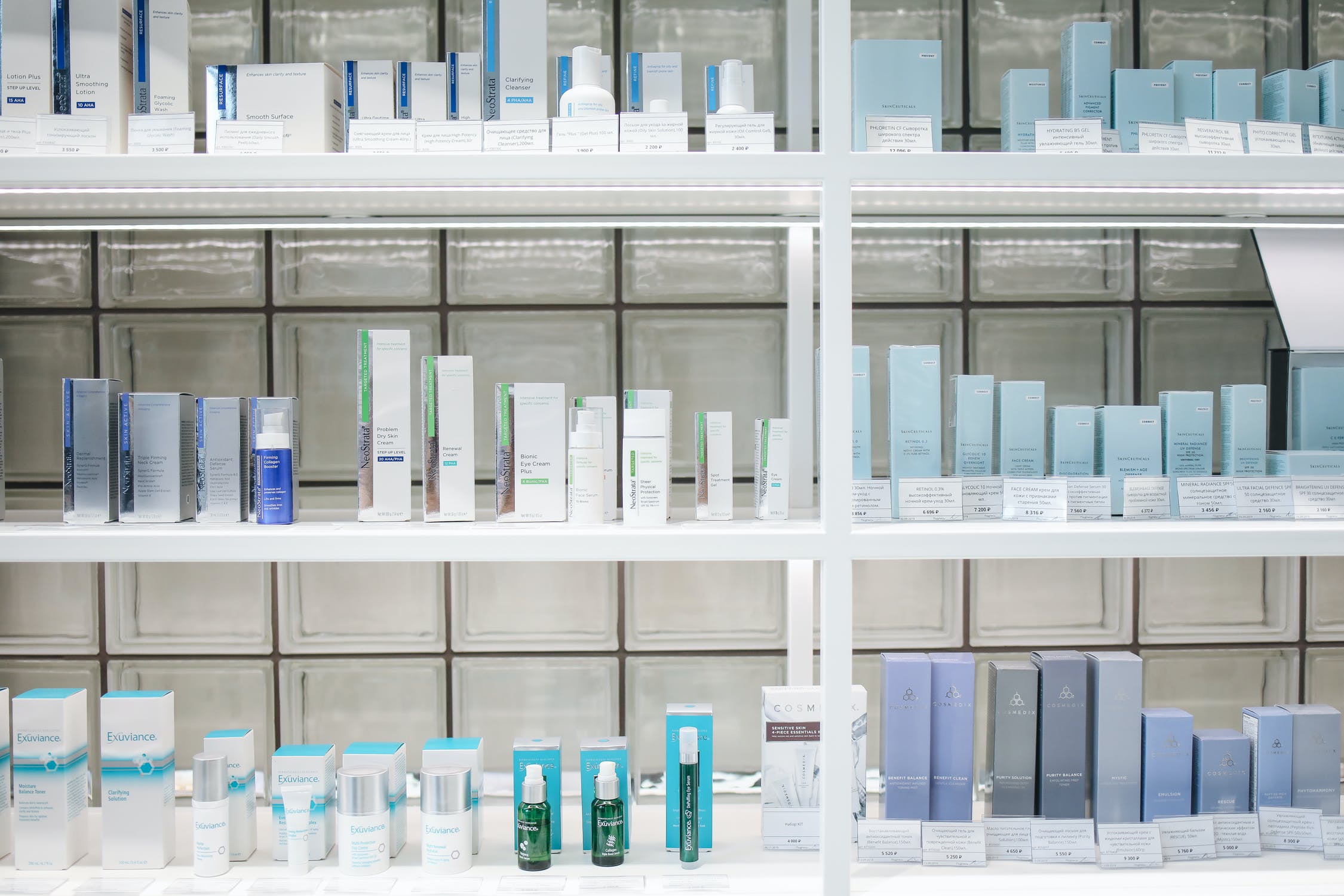Vegan Collagen in cosmetics or nutri-cosmetics: Myth or Reality?
For a while now, vegan collagen has become very popular among vegan and vegetarian communities. However, it is a pure marketing concept invented by vegan nutri-cosmetic laboratories. We will demystify this concept in this article.

Vegan collagen has become very popular among vegan and vegetarian communities for a while now. We respect their choices, and we understand their approach. However, vegan collagen is a purely marketing concept invented by vegan nutricosmetic laboratories. We will demystify this concept in this article because associating the 2 words « collagen » and « vegan » together is inappropriate.
It is difficult to ignore the power of collagen as all brands in the field of nutri-cosmetics, dermo-cosmetics and food supplements use it in their products to “save” our skin.
We are already familiar with collagen drinks, pills or powders as well as creams, serums and topical products containing collagen.
After their big trend, a new product arrived to complete the offer: it is vegan collagen. But what is this?
After their big trend, a new product arrived to complete the offer: it is vegan collagen. But what is this?
From a biological standpoint, collagen is a protein coming from animals. It is an essential part of the body structure of all mammals on Earth. This molecule has a very particular constitution, allowing it to perform its role of “glue” by maintaining the stability, resistance and elasticity of all connective tissues (skin, bones, ligaments, tendons, joints, etc.) .
Focus :
Vegan collagen brands, denying the possibility of an animal intake, are using the idea that some plants can promote collagen production.
In fact, these arguments will be based on some specific properties of certain plants. They will speak of “vegan complex” or “bio complex”, to demonstrate that plants, such as Goji berries, Aloe Vera or Soybean, can provide some amino acids, good for the composition of our collagen . It is true that many plants have real benefits for health and well-being.
However, be careful! Plant proteins do not contain all of the amino acids found in collagen. Therefore, it is not possible to claim to reconstitute collagen with a partial supply of amino acids.
Other vegan nutri-cosmetic brands will focus on providing nutrients, for example using plants known for their vitamin C or silica concentration. These brands will then speak of “collagen precursors” and imply that these precursors will reproduce the missing collagen on their own.
Because these nutrients are involved in many metabolisms, they are not exclusive or specific for collagen production. Therefore, they will integrate all the body’s metabolisms and then, there will be competition between many cellular reactions.
What you need to know is that most of nutrients are already naturally present and synthetized by our body. So, it is of low interest to add more in the process of collagen regeneration.

Demystify vegan collagen: a marketing concept invented by nutri-cosmetic laboratories
We all know that collagen is a part of our body structure and that we lose it as we age. It is therefore essential to regenerate one’s collagen by providing it with all the components for its biosynthesis, which no plant can provide.
Indeed, collagen is an animal protein that can only be found in the animal body or in the human body but not in the plants..
It is an irrevocable fact: no plants can donate collagen or make collagen.
So vegan collagen does not exist, it is purely marketing argument!
With a growing vegan population, the nutri-cosmetic industry just wanted to borrow the name of collagen which inspires the rejuvenating effect to promote its own anti-aging plant-based nutri-cosmetic products. But the ingredients of “vegan collagen” do not contain collagen in any way.
The vegan collagen uses plants which have benefits against aging.
On the other hand, nature can give boosting elements to the body through certain plants.
Some plants will be very good antioxidants (Goji berries, Cranberry). By slowing down the oxidation of free radicals, they make it possible to fight against cellular aging in general and help prevent a too rapid degradation of collagen.
Others can provide specific nutrients, such as Acerola, Rosehip (vitamin C), Horsetail, Bamboo (silicon), Soybean (calcium) which are also involved in the fight against cellular aging.
Therefore, taking “vegan collagen” is a good alternative for vegetarians or vegans to provide protein elements and nutrients that maintain the proper functioning of our body in general. But, there is no way that this intake can boost collagen.

Here’s how to actually regenerate your collagen:
Collagen is made by specialized cells (fibroblasts, chondrocytes) in our body and is constantly being renewed. From the age of 25, our natural capacity to renew collagen reduces and, the older we get, the more we lose some.
Losing your collagen weakens your skin and its structure. They deteriorate and we get old. The signs of aging appear and the wrinkles are there. For the body, it’s the same thing: osteoarthritis, tendonitis, inflammation make life difficult.
Therefore, maintaining and regenerating collagen helps to keep the beauty of the skin and the health of the body.

Only collagen is made up of 18 amino acids essential for health. Some, like glycine, proline and hydroxyproline are exclusive to it. They are only found in humans or animals in the necessary amount for the collagen formation.
To balance your natural collagen depletion, it is important to take collagen daily and orally to renew it. To maintain your collagen, it is necessary to take sufficient doses with a good bioavailability and in a form of good quality food supplement.
This is why we recommend a marine collagen with a dosage of 10 grams per day to have a real efficiency. To get this potency, the collagen must be in powder, as it is the only galenic allowing this important dosage, guaranteeing the result. Also, a closed sachet is better than a less hygienic spoon dose.
Which plants can be associated with collagen to boost its results?
You can combine collagen with supplements based on Pomegranate, Goji, Ginseng, Ginkgo Biloba which are rich in phyto-nutrients, silica and vitamin C for a synergistic effect.
What topical products can be taken to protect collagen from outside?
You can also choose a dermo-cosmetic cream or serum based on collagen and hyaluronic acid. They will only work on the outside of your skin while the food supplement will strengthen the structure of your skin and your body from the inside.
